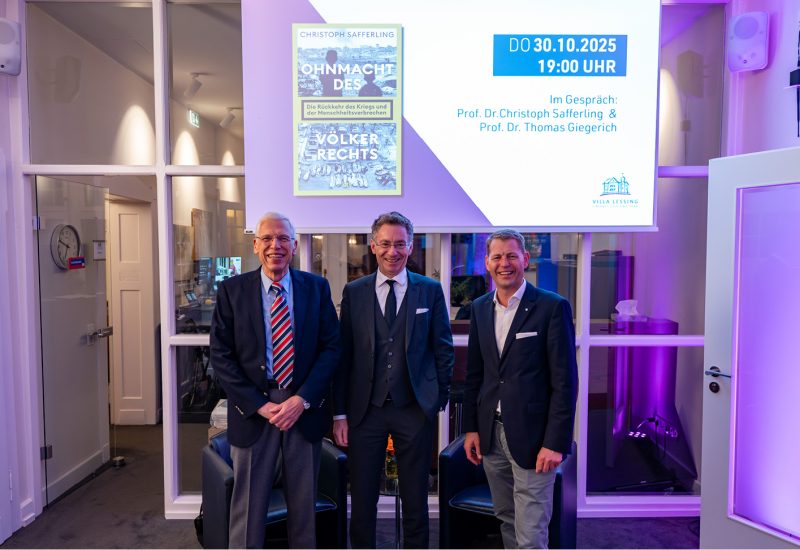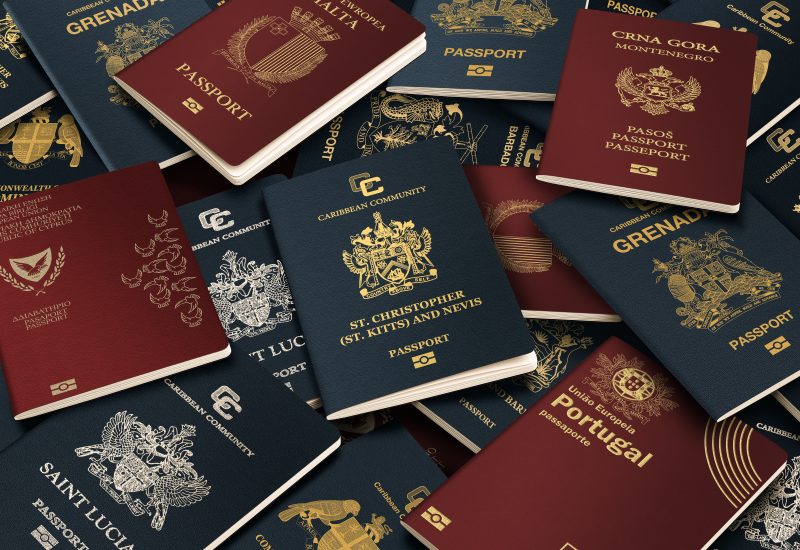This contribution is the extended version of Thomas Giegerich’s welcome remarks opening an introductory course to U.S. law in Saarbrücken. It reflects on the enduring transatlantic significance of the rule of law and the deep influence of U.S. constitutional ideas on German constitutional thinking. With the United States approaching the 250th anniversary of the Declaration of Independence in 2026, it asks what is at stake for constitutional democracy today.
Weiterlesen
Ist das Völkerrecht wirklich ohnmächtig?[1]
In Prof. Giegerichs neuem Beitrag, der auf seinen Vortrag im Rahmen der Veranstaltung „Die Ohnmacht des Völkerrechts – Die Rückkehr des Kriegs und der Menschheitsverbrechen“ in der Villa Lessing zurückgeht, widerspricht der Autor entschieden der Annahme, das Völkerrecht habe angesichts aktueller globaler Krisen seine Wirkungskraft verloren. Er zeigt, dass das Völkerrecht trotz struktureller Schwächen seit Jahrhunderten als Ordnungskraft besteht und sich in jeder großen Krise weiterentwickelt hat.
Weiterlesen








